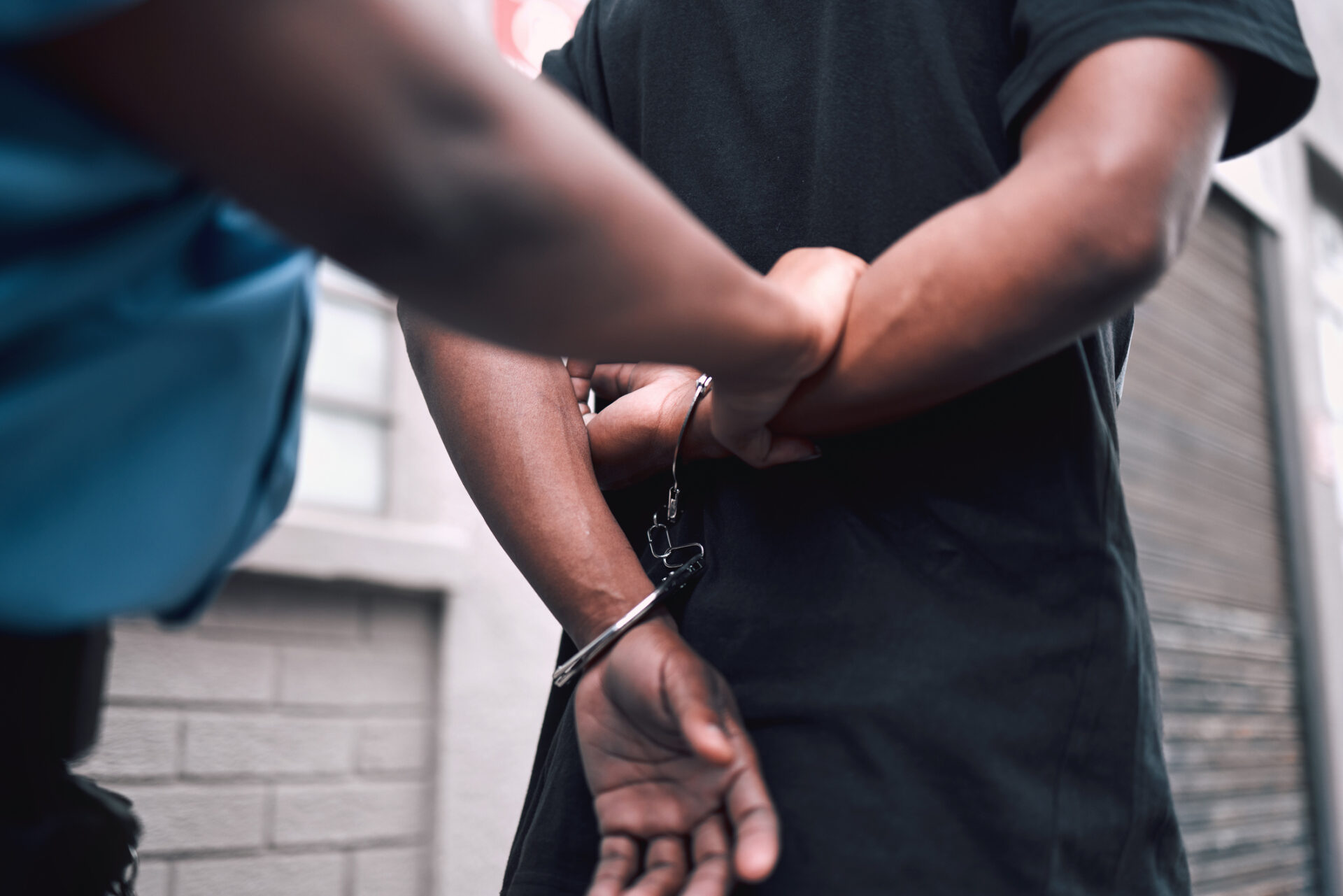
September 20, 2025
O’Keefe is best known for his work on FX’s ‘The Bear’ and a speechwriter for Sen. Elizabeth Warren (D-MA).
Alex O’Keefe, an award-winning screenwriter best known for his work on FX’s “The Bear” and a speechwriter for Sen. Elizabeth Warren (D-MA) and Sen. Ed Markey (D-MA), was recently pulled off an MTA train headed for Connecticut by the police because a white woman on board complained about his posture.
According to a video posted to O’Keefe’s official Instagram account on Sept. 18, “I was arrested on the MTA train to Connecticut today, pulled off, handcuffed, and detained. An old white woman got on the train and immediately pointed at me and told me to correct how I was sitting. I refused, so she went to the conductor and complained. The conductor called the police and stopped the train. While waiting for the police to arrive, the old Karen’s friend said, ‘You’re not the minority anymore.’” O’Keefe does not indicate where he was traveling from to get to Connecticut.
O’Keefe continued, “The police told me to leave the train, I refused and asked what was I doing illegally. They said I was disturbing the peace by not leaving the train. They pulled me off the train and arrested me without even talking to the Karen who reported the one black person on the train. On the platform, the police detained me and interrogated me. Only black folks stayed nearby and recorded the arrest. When I demanded a lawyer and reminded them they didn’t even take a statement from the woman who complained they eventually released me. This country is growing more psycho by the day. What will you do about it?”
O’Keefe’s ordeal reflected a familiar pattern of white individuals weaponizing the police, driven by racial bias and the assumption that Black people are inherently criminal, even when the targets are law-abiding citizens.
The incident was recorded by another rider and is going viral on TikTok.
In 2018, Khalil Muhammad, a professor of history, race and public policy at Harvard University, discussed the rise of recorded incidents of white citizens calling the police on Black people in the context of the first Trump administration with NPR‘s Lulu Garcia-Navarro.
According to Muhammad, “Our current president ran as a ‘law-and-order’ candidate in a country with a long history where the notion of using the police as the foot soldiers of controlling African-Americans, limiting their freedom, deciding that they are indeed second-class citizens and enforcing those laws when they were legal in this country is a really big part of the problem. And to evoke that mantra, to run on that mantra, to elicit the support of the entire community of professional police agencies means that we’ve now got citizens who are playing out this policy choice — this set of politics.”
Muhammad’s analysis remains relevant. During Trump’s second campaign, he made fewer direct references to being a “law-and-order” candidate, though some observers contend the theme was already well established by then.
“On the other side of the ledger, people who were fighting against this kind of ethos in our country — this very punitive, racialized ethos — want to resist this now, so they’re much more likely to pull out their cellphones … and because of cellphone video and its ubiquitous role in this conversation, all of us are bearing witness to the problem,” Muhammad noted.
Vesla Mae Weaver, a Bloomberg Distinguished Associate Professor of Political Science and Sociology at Johns Hopkins University and co-author of several books on race and democracy, noted in a 2018 Vox op-ed that white individuals repeatedly use the police as a personal security force because the tactic continues to be effective, a pattern reflected in O’Keefe’s experience.
“The breezy deployment of police by whites at Yale, at Starbucks, Walmart, and in other social spaces vividly reveals how white people use law enforcement to exert control over their fellow Black Americans…The Yale student (a white student who called the police on a napping Black student at the university in 2018) was not, as far as we know, attempting to thwart police from discovering her own wrongdoing,” Weaver wrote. “But her enlistment of police was racially strategic, meant to marshal existing stereotypes of Blacks to reconfigure her space and dispense with a Black person. It fits a societal algorithm that blackness itself is suspect.”
Although a couple of states have since passed laws criminalizing calls to the police that “unlawfully discriminate” or target “protected classes,” as Brian Levin, a criminologist who directs the Center for the Study of Hate and Extremism at California State University at San Bernardino, told The Washington Post in 2020, the better solution is confronting the latent racism within American society.
RELATED CONTENT: Motorist William McNeil’s Encounter With Police Sparks Conversations About Recording The Police


